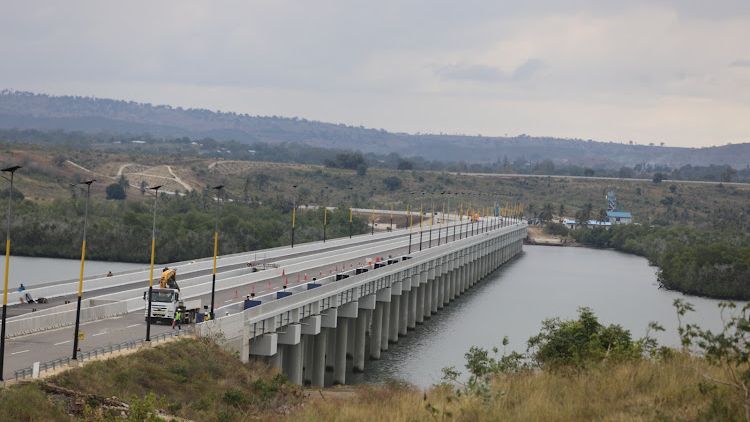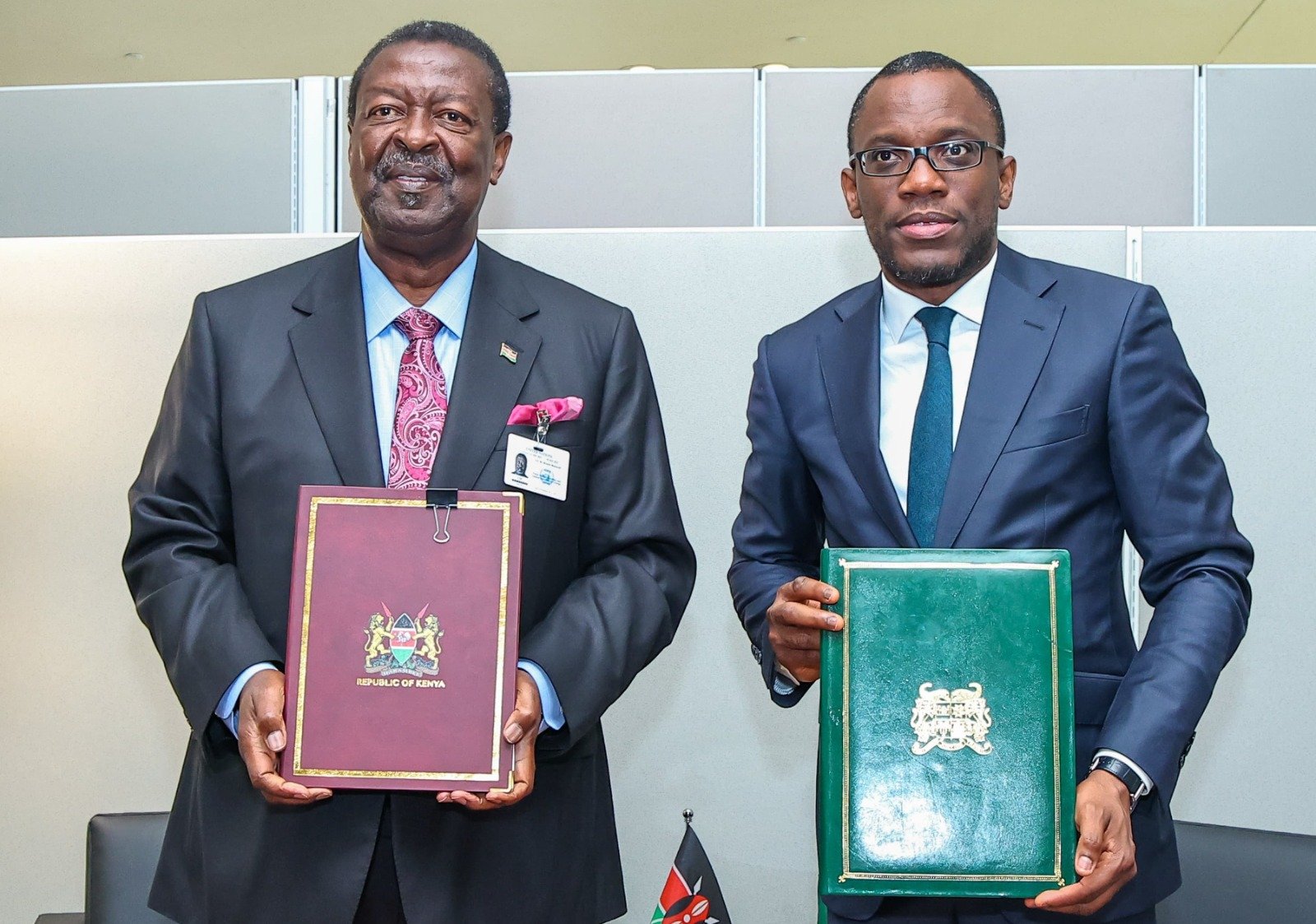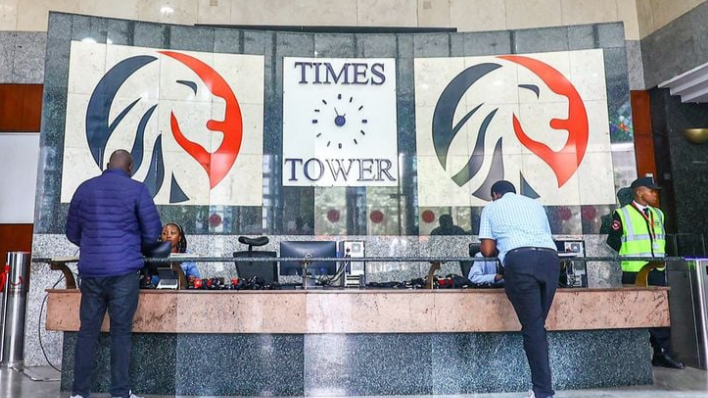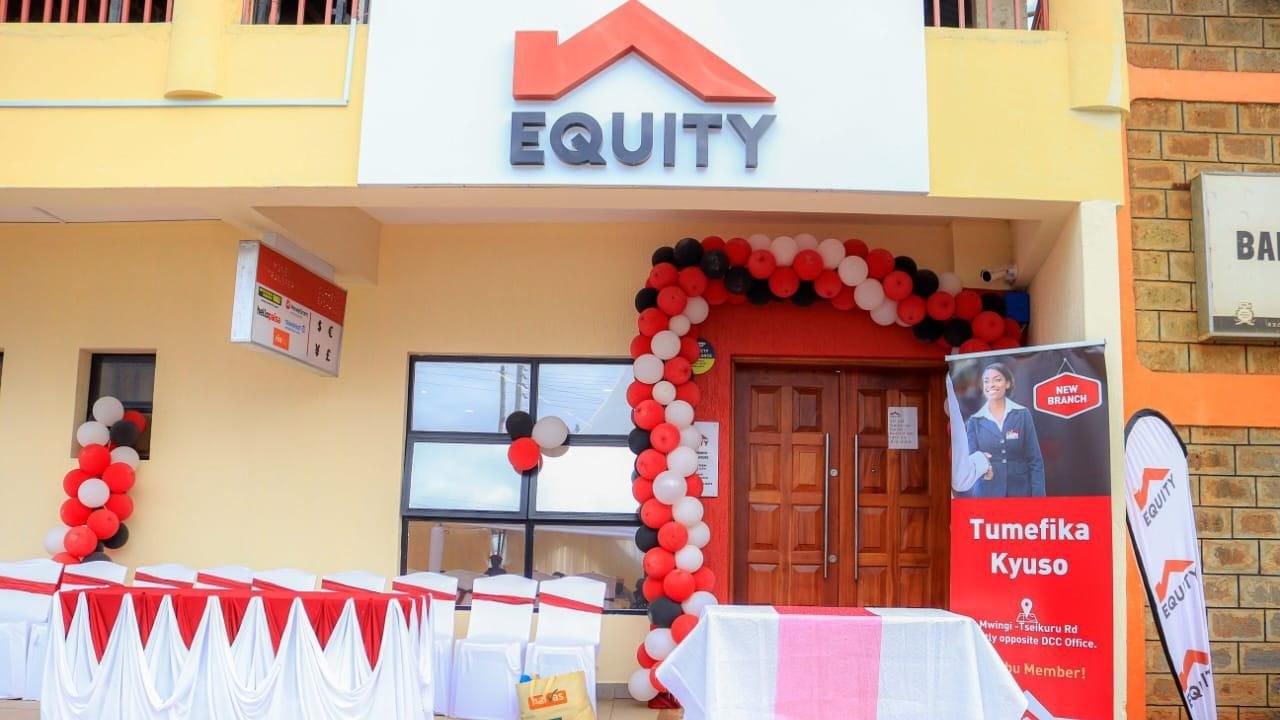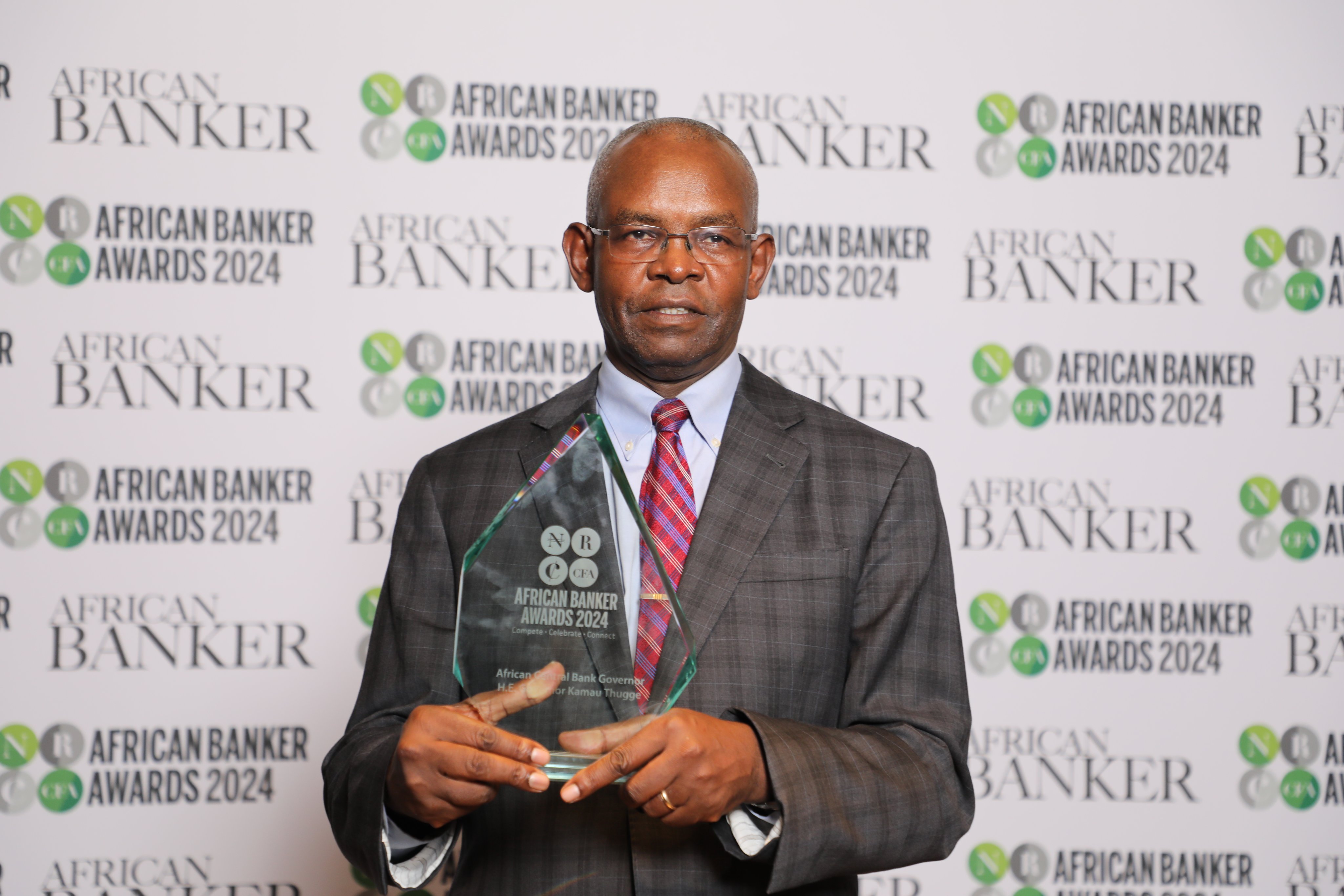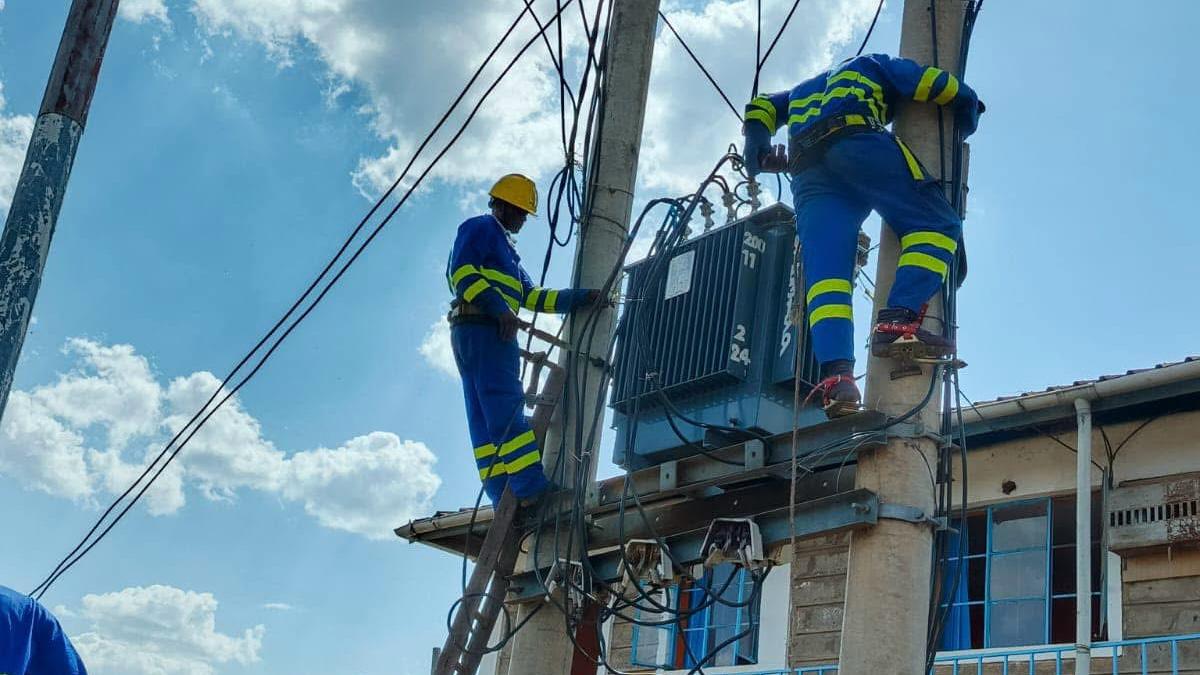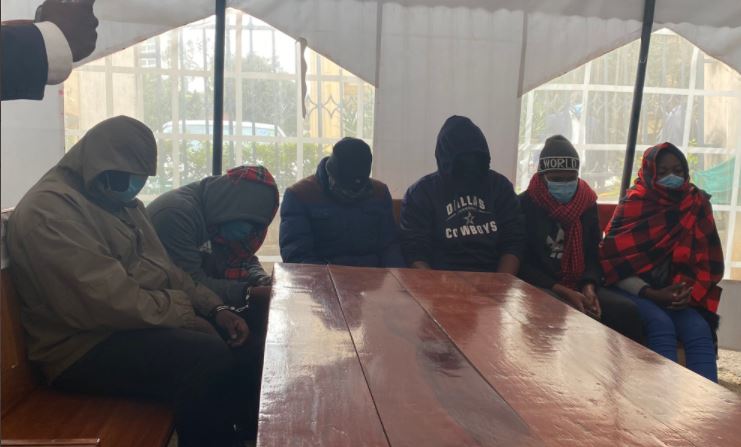The opening of the Dongo Kundu Bypass has transformed travel between Mombasa and the South Coast, ending decades of delays and congestion at the Likoni Ferry crossing.
For years, the ferry was the only connection to Diani and other coastal destinations, but the new bypass has replaced that with a smooth and direct journey.
The most immediate impact of the road is the drastic reduction in travel time; trips from Miritini station or Moi International Airport to Diani, which previously took up to two hours, now take just about 30 minutes.
Additionally, Diani Beach, already one of Kenya’s most popular tourist destinations, has become even more accessible thanks to the bypass.
This ease of access is expected to increase tourist arrivals, boosting demand for hotels, resorts, restaurants, and tour operators in the area.
Read More
The benefits also extend to residents, many of whom no longer have to contend with daily ferry delays and congestion.
The 17.5-kilometer Dongo Kundu Bypass was built at an estimated cost of Ksh40 billion, financed through a concessional loan from Japan International Cooperation Agency (JICA).
Construction began in 2016, with Phase One, built by China Civil Engineering Construction Corporation, covering the Miritini–Kipevu section.
Completed in June 2018 at a cost of Ksh11 billion, it was commissioned by then-President Uhuru Kenyatta.
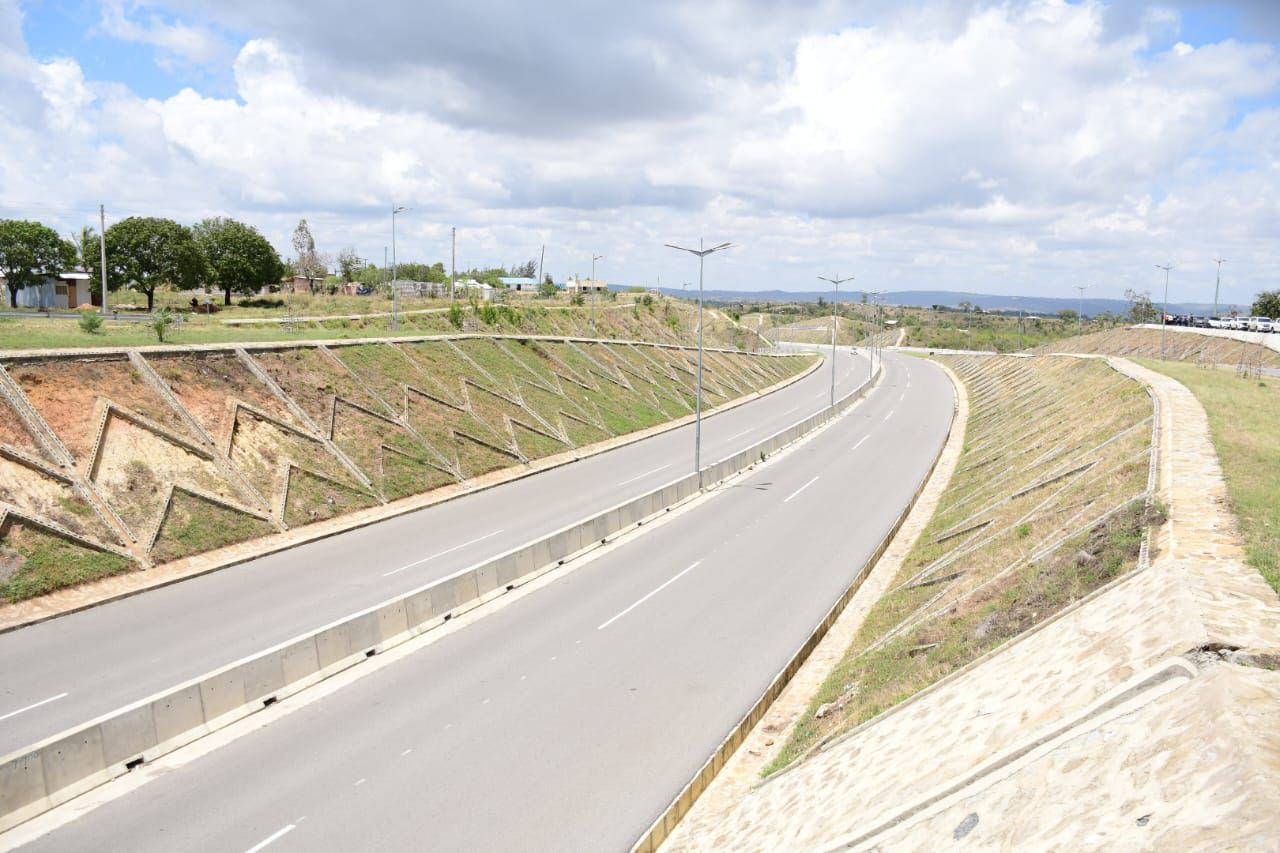
The second and third phases, carried out by a Fujita–Mitsubishi consortium, involved the construction of Mwache Bridge (660 meters), Tsunza Viaduct (690 meters), and Mteza Bridge (1.4 kilometers), linking the bypass from Mwache Junction through Tsunza to Ngombeni.
The road was officially opened to the public on August 8, 2024, with the project reported to be 96 percent complete.
Motorists welcomed the development with relief and said it had finally freed them from the frustrations of the ferry crossing.
"We are so happy that finally the road has been opened to the public. We no longer need to queue at Likoni ferry channel to access the South Coast,” a motorist said.
Juma Asanga, a fishmonger from Likoni, praised the bypass, saying it has ended years of transport delays that once threatened his livelihood.
He explained that before the bypass, constant ferry congestion made it nearly impossible to deliver fresh fish to customers on time.
"I used to be late delivering my goods because the ferry would get jammed in the middle of the ocean. By the time I arrived, some of the fish would already be spoiled, and I couldn’t deliver them. The customers would complain loudly because the fish had gone bad. Those were the big challenges we faced at Likoni," he recalled.
According to Asanga, the new road has brought relief and stability to his trade, noting that he can make up to two trips per day.
"But now things have changed. Back then, there were no proper roads, but today roads have been built for us. I am grateful, because now we can transport goods. Traders are using them, they’re delivering, and they’re receiving their goods in good condition. The fish no longer spoil, and customers are happy. Even after midday, people can still enjoy fresh fish, because the road has been built well," he said.
The tourism industry also celebrated the milestone, emphasizing that it solved one of the Coast’s biggest transport challenges.
"The biggest infrastructural and transport challenge has been the ferry crossing channel, which has been synonymous with delay and heavy traffic, resulting in serious loss of time for scheduled safaris, airport transfers with clients even missing flights at times," said Kenya Coast Tourists Association CEO Julius Owino.
Soon after the launch, however, a new debate emerged over plans to introduce toll fees.
The Kenya National Highways Authority (KeNHA) confirmed that a tolling policy was being developed and would be subject to public participation before any final decision.
"A tolling policy is being developed and will soon be subjected to public participation for input. Once approved, this policy will guide consideration of such a project as the Dongo Kundu bypass for tolling,' said Deputy Communications Director Samwel Kumba.
The Motorists Association of Kenya (MAK) opposed the plan, insisting that charging tolls on a road funded with public money would be unfair to taxpayers.
"Turning the publicly funded Dongo Kundu Bypass into a toll road is an unjust imposition on taxpayers. Kenyans have already financed its construction!" the association said in a statement.
MAK further argued that such a move would amount to double taxation and urged the government to reconsider.
"No way you can charge a toll on a road built on public land, using public funds in loans or otherwise. Loans are paid by the exchequer consolidated funds, not motorists alone; such discrimination cannot be allowed,” the statement added.

